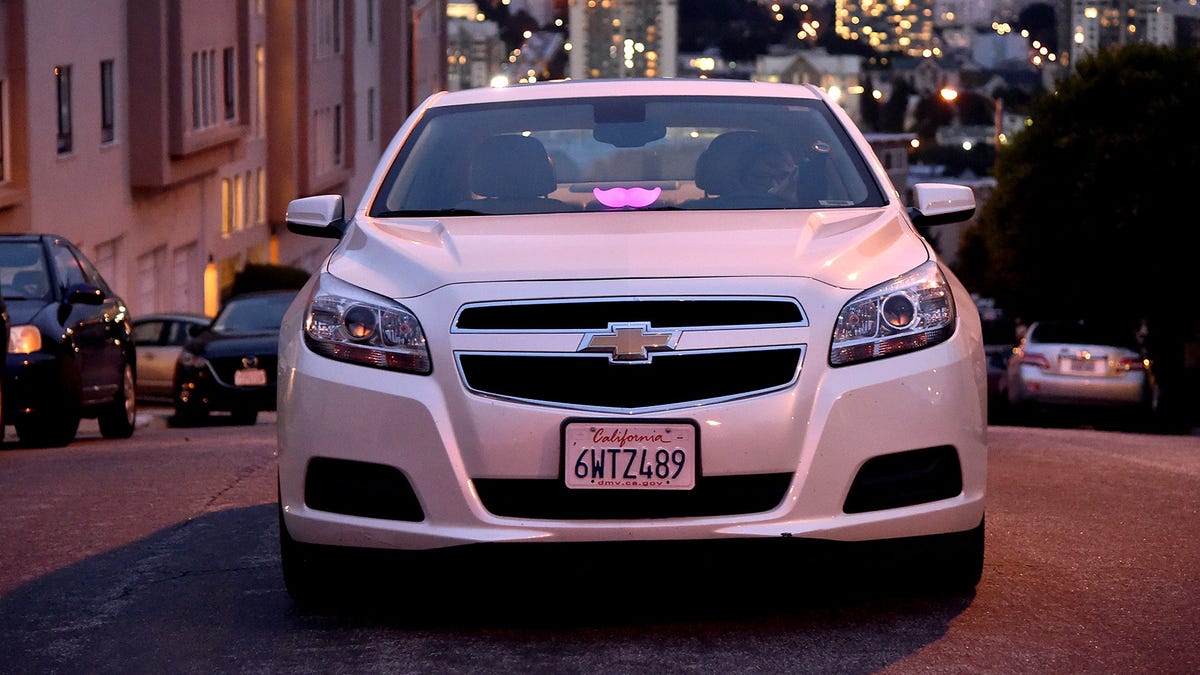Urban car ownership will soon die, Lyft co-founder reckons
I wonder which company intends to fill that gap...

Whether it's the inflated insurance costs or the simple hassle of finding a parking spot, owning a car in a major city is a pain. As autonomy and the sharing economy collide, it's going to change the face of the auto industry, and the co-founder of ride-sharing company Lyft thinks it could spell the end of urban car ownership in less than a decade.
John Zimmer claims that car ownership in cities will "all but end" by 2025 in a post on Medium. "The car has actually become more like a $9,000 ball and chain that gets dragged through our daily life," he writes. Public transportation will likely play a role, but naturally, his post focuses on how Lyft fits into this new future.
Zimmer believes that autonomous fleets will comprise a majority of Lyft rides within five years, which is fairly soon by most estimates. And he makes a good point, even without pimping his own brand -- if autonomous cars don't require riders to shoulder the burdens of ownership (service, parking, insurance and so on), why bother owning one?
The benefits extend beyond fattening Zimmer's wallet, as well. As city car ownership drops, parking will become less of a concern, and city planners can once again focus on people, removing the need to install massive lots, and street parking will no longer need to take priority over bike lanes and green space.
Of course, this rollout isn't going to kill off the car entirely. For those out in the suburbs and even farther out in the sticks, having a car will still be an important part of daily life. But, given enough time and R&D, odds are that ownership will slowly drop, as not everybody will enjoy plunking down thousands of dollars for a car that sits idle while self-driving vehicles assume the majority of the work.

